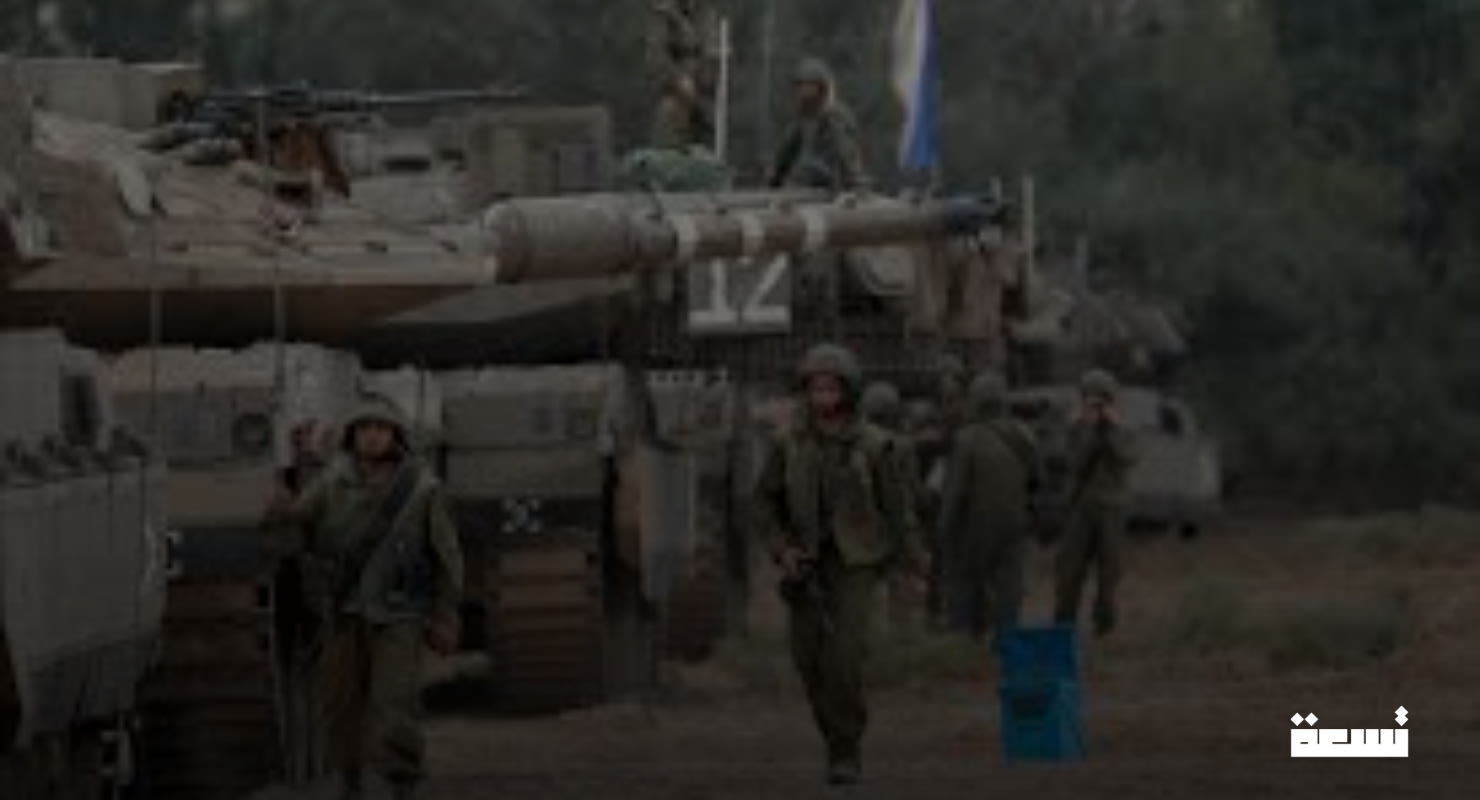Israel mobilizes 5 military units to resume fighting in Gaza.

Israeli media reports, citing military sources, stated that Israel has deployed 5 military units near the Gaza border in preparation to resume military operations.
This move coincided with Israel's decision to completely and abruptly halt humanitarian aid to the region, in an escalatory step aimed at increasing pressure on Hamas.
Israel used to allow around 600 aid trucks to enter Gaza daily, but this number suddenly dropped to zero.
Israeli estimates suggest that this step will not yield immediate results, as Hamas managed to stockpile large quantities of supplies during the ceasefire period, enough to last for several months, according to a report by Hebrew Channel 14.
In a related context, the Israeli army conducted intensive military preparations, deploying 5 military units along the Gaza border, despite not making a final decision to launch a comprehensive military operation.
Israel is considering limited military options initially, such as airstrikes, targeted assassinations, and limited incursions, before moving on to broader operations.
The new Israeli Chief of Staff, Aviv Kohavi, continued consultations with the southern command to assess the forces' readiness for various scenarios. In an extensive military meeting, senior leaders reviewed potential military plans, while military commentator on i24NEWS, Yossi Yehoshua, indicated that Israel is prepared to continue strikes but is ready for a full-scale war if the situation escalates.
On the other hand, the Israeli government approved the mobilization of around 400,000 reserve soldiers, reflecting its readiness for a long-term military campaign if diplomatic efforts fail to calm the situation.
Meanwhile, international efforts continue to achieve a ceasefire, with Egypt proposing a new initiative involving the release of 3 living hostages and 3 deceased individuals in exchange for extending the ceasefire and increasing humanitarian aid. However, Israel has not officially recognized this proposal. Additionally, the US envoy, Amos Hochstein, presented a 50-day ceasefire plan, including the gradual release of hostages in exchange for ending the war.
If negotiations fail after that period, Israel plans to fully resume fighting, while Hamas has not yet announced its final stance on this proposal, leaving room for escalation possibilities.
As part of Israeli pressure measures, the Israeli army threatens to close the Rafah border crossing with Egypt, used to transfer injured Palestinians for treatment outside Gaza. Tel Aviv claims that some of these injured individuals belong to Hamas, raising its security concerns.
Currently, the crossing is only open for outgoing individuals without allowing aid or any other supplies to enter, serving as an additional means to pressure Hamas.